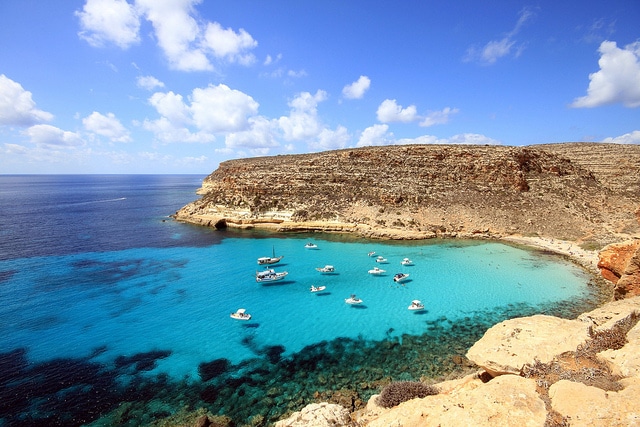Whether you have Type 1 or Type 2 diabetes, there should be no barrier to your holiday plans due to the many ways you can now successfully manage your diabetes while travelling. With just a few pre-holiday preparations you can keep yourself healthy and safe while you are away.
Before You Leave
The specialists at Diabetes UK advise that you speak with your doctor to assess any medication changes due to a potential shift in time zones, the temperature of the country you are travelling to and to discuss the actives you are planning to partake in, all of which can lead to higher blood glucose levels.
Call the airline to let them know of your diabetes and to ask for advice on how best to travel with your equipment. If you travel with a pump or CGM then contacting the airline a few weeks before you travel is advised by the experts at The Civil Aviation Authority Advisory Health Unit.
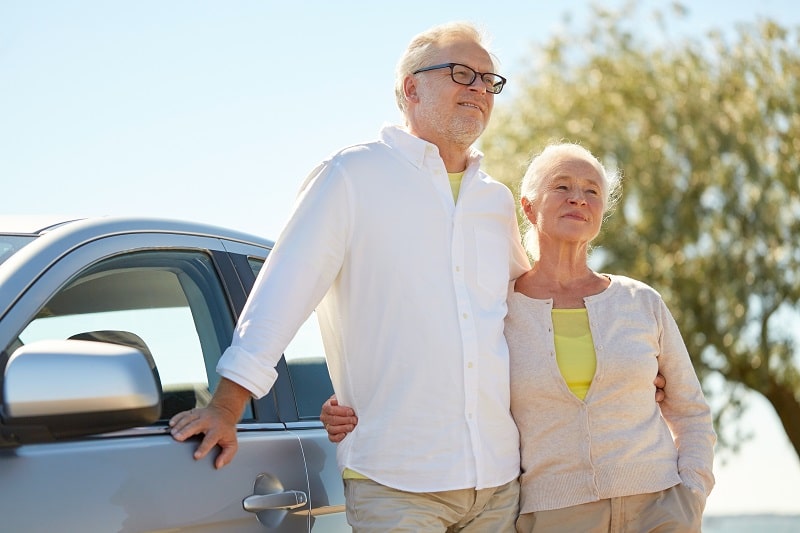
Research the nearest emergency room to where you will be staying as well as stocks of your insulin, bearing in mind that your usual medication may be sold under a different name depending on where in the world you are travelling. Ask your pharmacist or GP for a list of your medicine and their concentration in case if you find you need to purchase more while you are away.
Apply for the free European Health Insurance Card if you are planning on travelling with Europe for reduced cost and/or free medical care. Double the usual amount of your medical supplies and put them into separate bags in case one goes missing whilst travelling. Most airlines will have a different procedure to go through for medications to other liquids, so pack and label yours clearly.
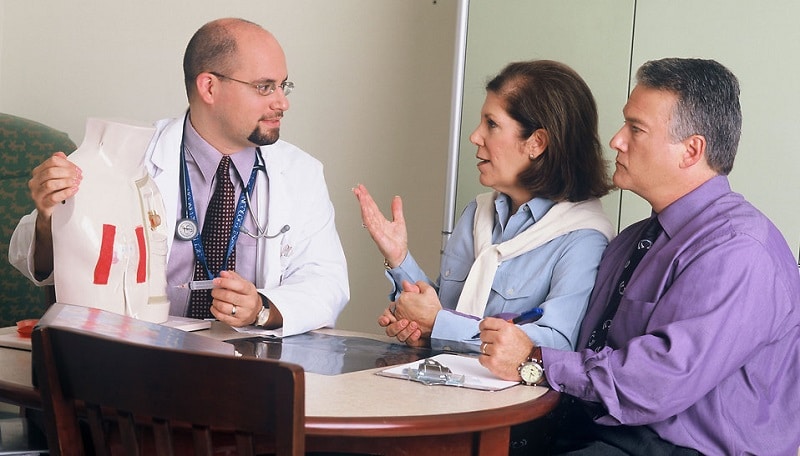
The NHS recommends that you if you are carrying tablets and/or syringes, then it is important to prepare and take with you:
- yourdiabetes ID card
- a letter from your GP
- a copy of your prescription.
- They also suggest having this information translated into the language of the country you are visiting to assist you through their customs system.
Some countries such as Pakistan, Turkey and India do not allow certain medicines, while others may allow only a limited amount. If necessary call the embassy of the country you will be visiting to ascertain international rules before travelling
To help you stay on top of your diet while away, speak to your dietician and research the food options, you will have both while you are travelling to the destination as well as during the time you are away so that you can plan a healthy food schedule.
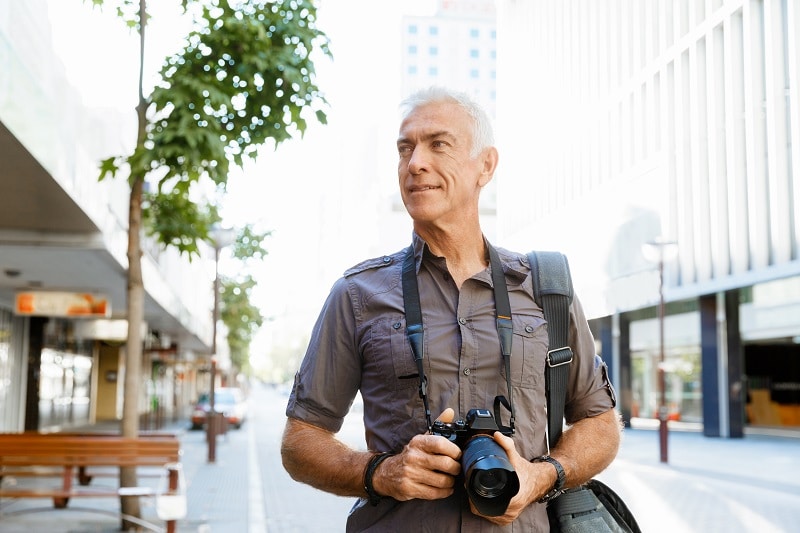
While Travelling
The experts from Diabetes Québec Team of Health Care Professionals recommend that if you are travelling alone, it is advisable to precaution staff on planes and in hotels of your diabetes in case you become unwell. If travelling with friends or family, also advise them of what to do.
Keep your medication with you on the plane rather than in the baggage hold as the lower temperatures could degrade the drug. You also need to keep it with you in case of emergencies.
Alongside this, the experts at Click Pharmacy suggest that you take extra snacks whenever you travel in case of delays including healthy options such as nuts, popcorn and dry fruit, as well as carbohydrates such as biscuits or a sandwich to prevent blood glucose from dropping again.
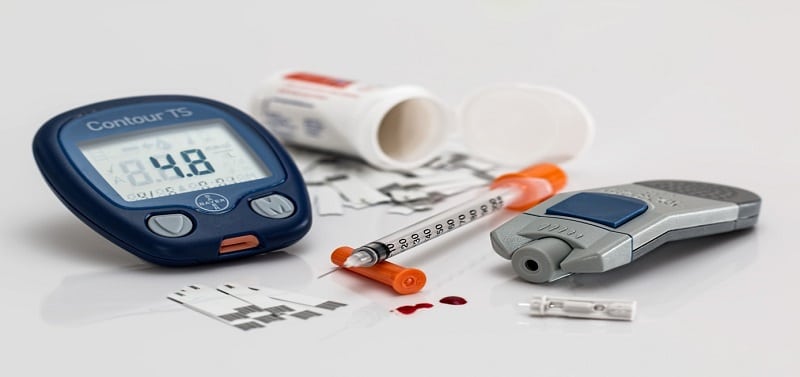
While You Are Away
Diabetes UK advises that heat and cold can affect both your insulin levels and your medications. If you are travelling to a hot country, the experts at Everyday Health recommend that you bear in mind that heat can affect your blood glucose levels making them higher and your insulin absorb more quickly. If you are heading to colder climes, then insulin is consumed at a slower rate, though it is important to note that it can absorb very quickly once you warm up resulting in sudden hypos. No matter the temperature, keeping a thorough and regular check on your levels throughout the day, and adjusting your dosage as required is crucial to keeping your diabetes under control while travelling.
Naturally Managing Your Diabetes While Travelling
Alongside checking your levels more regularly, the experts at Health Line recommend simple, natural remedies to manage your diabetes while travelling such as staying hydrated, snacking on healthy foods to stave off hunger, keeping out of the midday sun and being able to recognize when your blood sugars have dropped quickly. Sweating, feeling light-headed, a sense of confusion and becoming shaky are all signs to watch out for so ask others to keep an eye on you too if possible.
With a potential change in temperature, time zone, food and activity levels it may appear harder for you to manage your diabetes while travelling, but with a little flexibility and planning you will be off exploring the world in no time.











